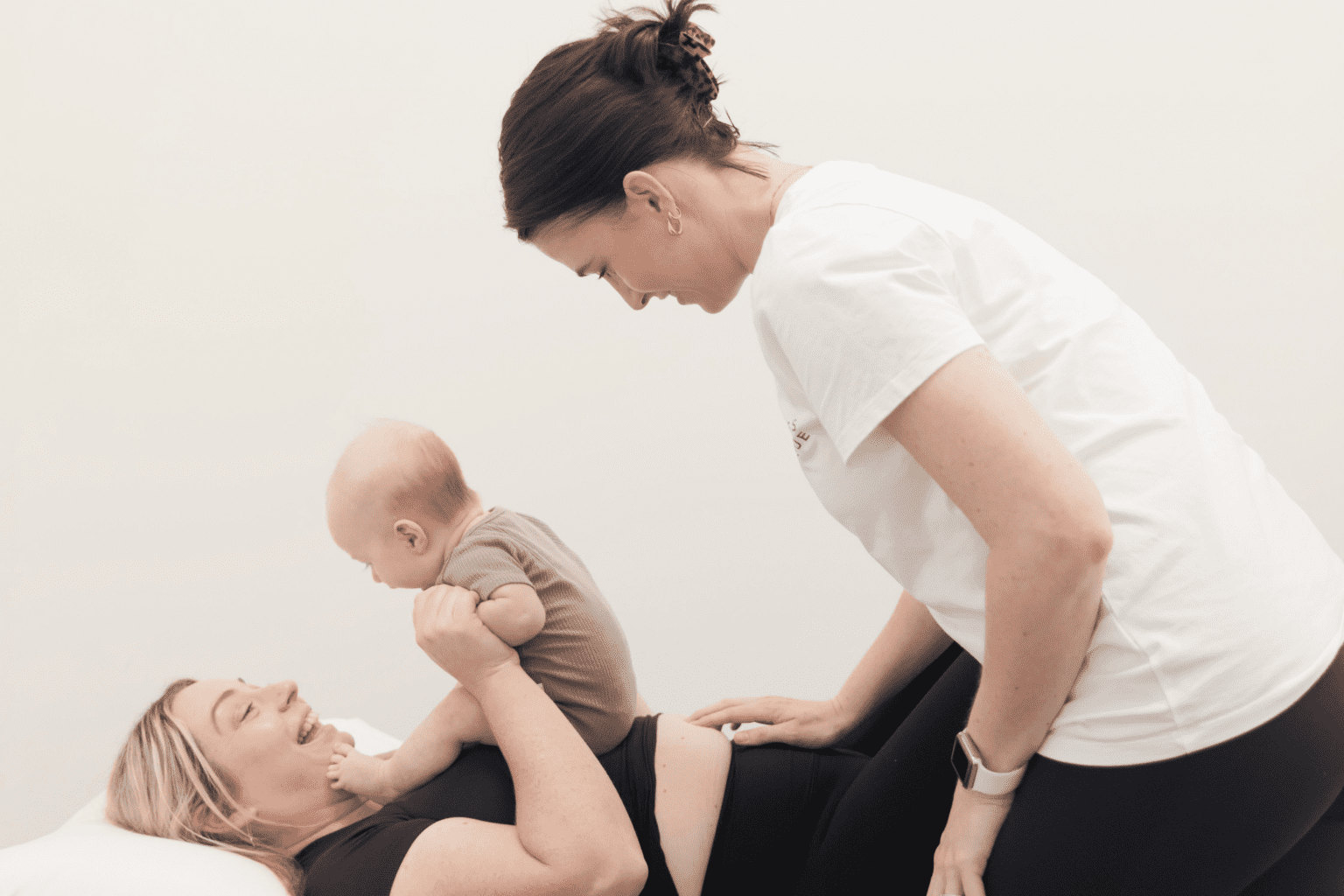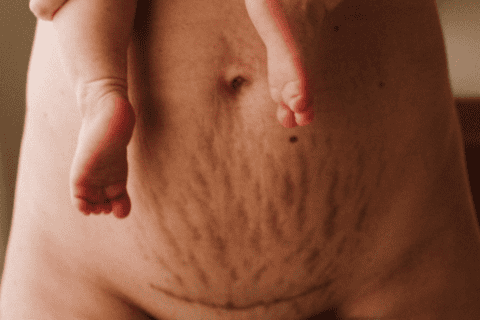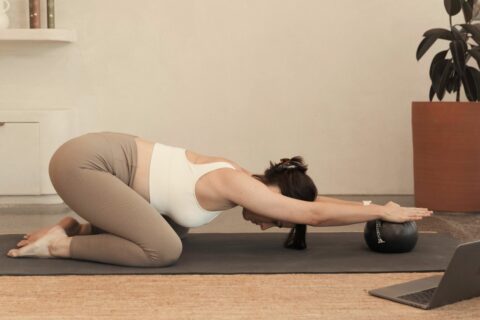Every birth is different – beautiful, exhausting, unpredictable, emotional and very physically demanding. Not to mention the significant changes your body goes through in the 9 months leading up to the final hurdle that is giving birth. And for these reasons, it is strongly recommended that you seek a postnatal physiotherapy review to ensure you’re on the right path to recovery, regardless of whether you have had a c-section or vaginal birth. We share exactly what a Women’s Health Physio can help with and why you need to see one after having a baby.
No two births are the same, so we believe a woman’s recovery and rehab should be unique to her, which is why we recommend seeing a Women’s Health Physio for help with the following:
If you want to return to exercise
How long can I exercise for? What exercises can I do? When can I go back to doing my normal routine? Can I lift weights? Can I run? Can I squat? I already squat down to pick up my baby so this should be fine right? How much exercise is too much? We get all these questions and more on a daily basis and love helping our mums get back into exercise safely. After all this is a very exciting part of the post partum period, but we understand it can be a little daunting as well. A Women’s Health Physio has done extensive training in exercise and its effect on the pelvic floor and can give you individual guidance to help you safely return to your exercise of choice.
In order to give you accurate advice we need to know about the function of your pelvic floor structures since giving birth, and the best way to do this is via an internal vaginal examination. Yes we know it sounds a little intimidating but we can assure you it is comfortable, private and very informative, providing valuable information on different aspects of pelvic floor function. We may also assess your pelvic floor in different positions such as standing and 4 point kneeling to determine whether your pelvic floor is stronger is certain positions. This examination can be done from 6 weeks postpartum and is strongly recommended for any woman who has had a baby.
If you have abdominal separation
Abdominal separation is something that is mostly out of our control when you are pregnant. But we can play a vital role in rehabilitation and helping to bring those muscles back together once bub is out. The sooner we can assess your separation in the postpartum period, the better. So this means if you did not have your separation assessed in the hospital, then it’s a good idea to book in with your Women’s Health Physio as soon as you can (you don’t have to wait until the 6 week mark).
We can show you exercises to help reduce the separation and improve stability across the gap, as well as provide you with compression garments if needed. We will also give you advice on what not to do if you have a large separation with significant doming (where pressure and your internal organs push through outwards at the midline of your stomach).
If your pelvic floor has been damaged or if your internal organs have dropped
Your pelvic floor acts like a hammock from your pubic bone to the tailbone, it helps support and lift your pelvic organs such as your bladder, bowel and uterus. When you’re pregnant the weight of your growing baby and uterus puts increased load and pressure down through your pelvic floor. As a result, your pelvic floor muscles can weaken. If you have had a vaginal birth, the pushing stage can lead to tearing or further damage of your pelvic floor muscles. With all of this in mind, it is important to get your pelvic floor muscles assessed internally so you can appropriately rehabilitate them.
This extra pressure on your pelvic floor (especially during vaginal deliveries) can also cause stretching of internal ligaments and sometimes cause your pelvic organs to drop down in the pelvic cavity, which is called ‘prolapse’. Some women will experience this as feelings of heaviness, dragging or bulging vaginally. Your Women’s Health Physio can assess for this and educate you on what to do next if this has happened. We have a number of treatment options and strategies to help get you on the right path to recovery.
If you are unsure about returning to sexual intercourse or if it is painful
Getting back to intimacy with your partner after giving birth can be daunting, but shouldn’t be!
If you have had a vaginal delivery and you have stitches it is recommended that you wait until the stitches are healed until you resume intercourse. However, everyone is different so a consultation with your obstetrician/GP/Women’s health physiotherapist is advised to educate you properly about your precautions and to give you strategies to help with returning to intercourse pain free.
Teach you how to correctly activate your pelvic floor
This is a Women’s Health Physios bread and butter! We are experts in teaching you how to correctly activate and relax your pelvic floor muscles. Being able to sense when you are activating your pelvic floor can be difficult, especially after having a baby. And if you’re going to do pelvic floor exercises, you want to make sure you are doing them right, right? Checking your pelvic floor activation and strength via an internal exam will give us the best indication of what exercise you can return back to and which exercises you may need to adjust for the safety of your pelvic floor.
Your Women’s Health Physio is the best person to chat to about any concerns you may have in getting back to your daily routine after baby. Book in to see one of our amazing Women’s Health Physiotherapists at The Wellness Boutique and let’s get you back to living your best life!




